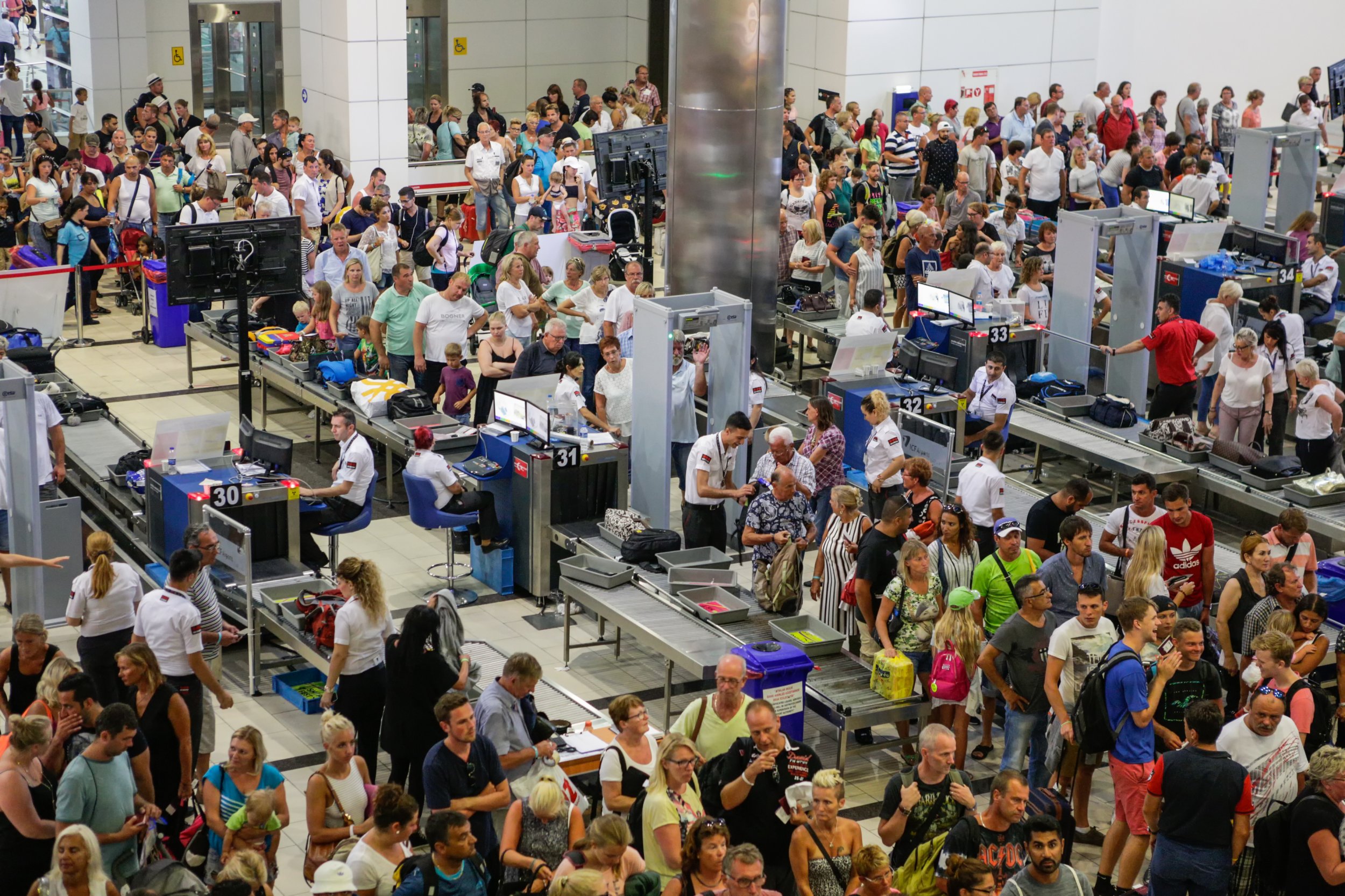
Three European countries are set to introduce a smart lie detector system to "speed up traffic" and "ramp up security" at their borders, the European Commission reports.
Hungary, Greece and Latvia—three countries that straddle non-European Union (EU) nations—will take part in pilot projects testing out the technology in the real world. Certain borders will see travelers interrogated by an artificially intelligent animated guard.
Experts have questioned the reliability of the system itself and of automated lie detection tests in principle, New Scientist reported.
EU-funded iBorderCtrl's animated border guard avatars will ask travelers such questions as "What's in your suitcase? If you open the suitcase and show me what is inside, will it confirm that your answers were true?" the publication stated.
Passengers will have the opportunity to use the system without putting their entry to the countries at risk during the pilot scheme.
Eventually, the avatars are expected to form part of a two-stage screening process. Users will upload a passport photo and documents like visas before answering questions from their animated security guard—tailored to each user's language, ethnicity and gender, the European Commission reported. A "unique" deception detection system will probe footage of their "micro-expressions," the institution added.
The second stage will take place at borders themselves. "Low risk" travelers will undergo "a short re-evaluation of their information for entry." Those deemed "high risk" will face a stricter check, involving palm vein scanning and fingerprinting, the Commission explained. Eventually, high-risk travelers may speak to an actual human border guard if they are still deemed suspicious.
In addition to boosting border efficiency, iBorderCtrl hopes its automated tech will eliminate some of the pitfalls of a system reliant on human subjectivity. Experiments so far have revealed significant problems with the $5.1 million project.
In advance of the pilot, researchers tested the avatars by asking some volunteers to lie to it and some to tell the truth. They achieved only 76 percent accuracy, but are sure they will be able to improve their results, New Scientist reported. "We're quite confident of bringing it up to the 85 percent level," said Keeley Crockett at Manchester Metropolitan University, UK.
But experts argue this testing method is fundamentally flawed. "If you ask people to lie, they will do it differently and show very different behavioral cues than if they truly lie, knowing that they may go to jail or face serious consequences if caught," Maja Pantic at Imperial College London told the outlet. "This is a known problem in psychology."
The pilot, Crockett said, should help address this problem. With some 700 million people entering the EU each year, even a small margin of error could mark hundreds of thousands out as liars.
Uncommon Knowledge
Newsweek is committed to challenging conventional wisdom and finding connections in the search for common ground.
Newsweek is committed to challenging conventional wisdom and finding connections in the search for common ground.
About the writer
Katherine Hignett is a reporter based in London. She currently covers current affairs, health and science. Prior to joining Newsweek ... Read more
To read how Newsweek uses AI as a newsroom tool, Click here.








